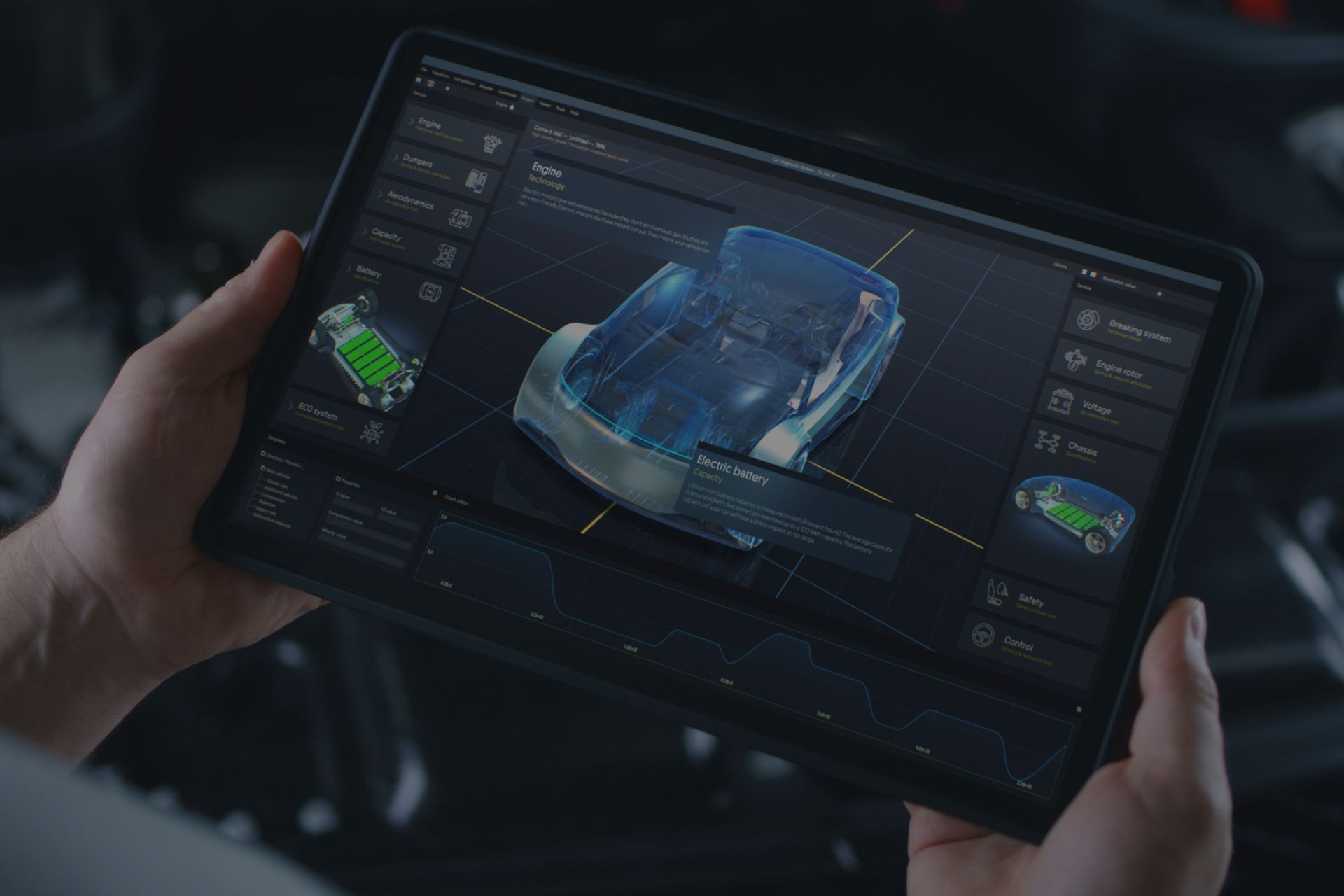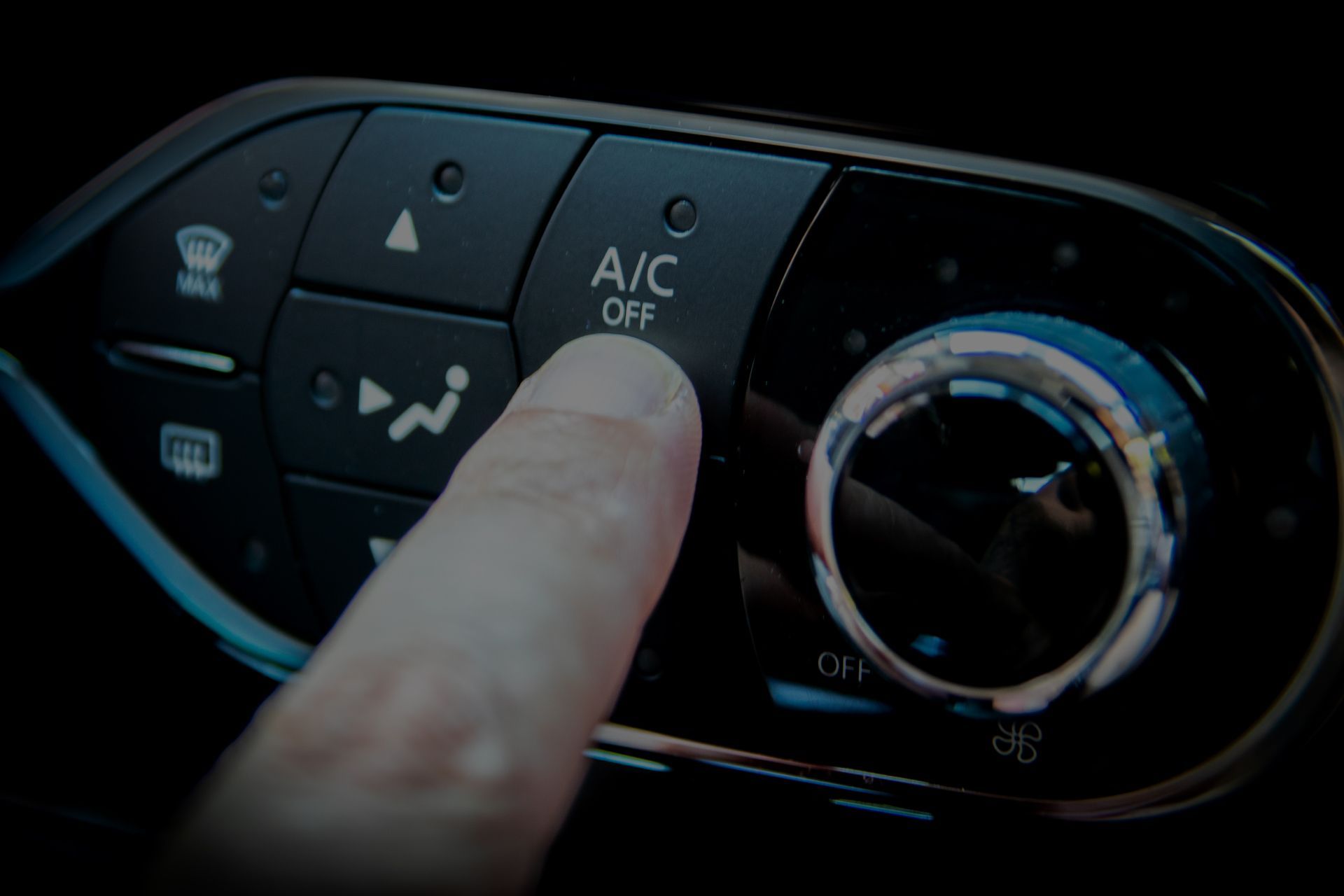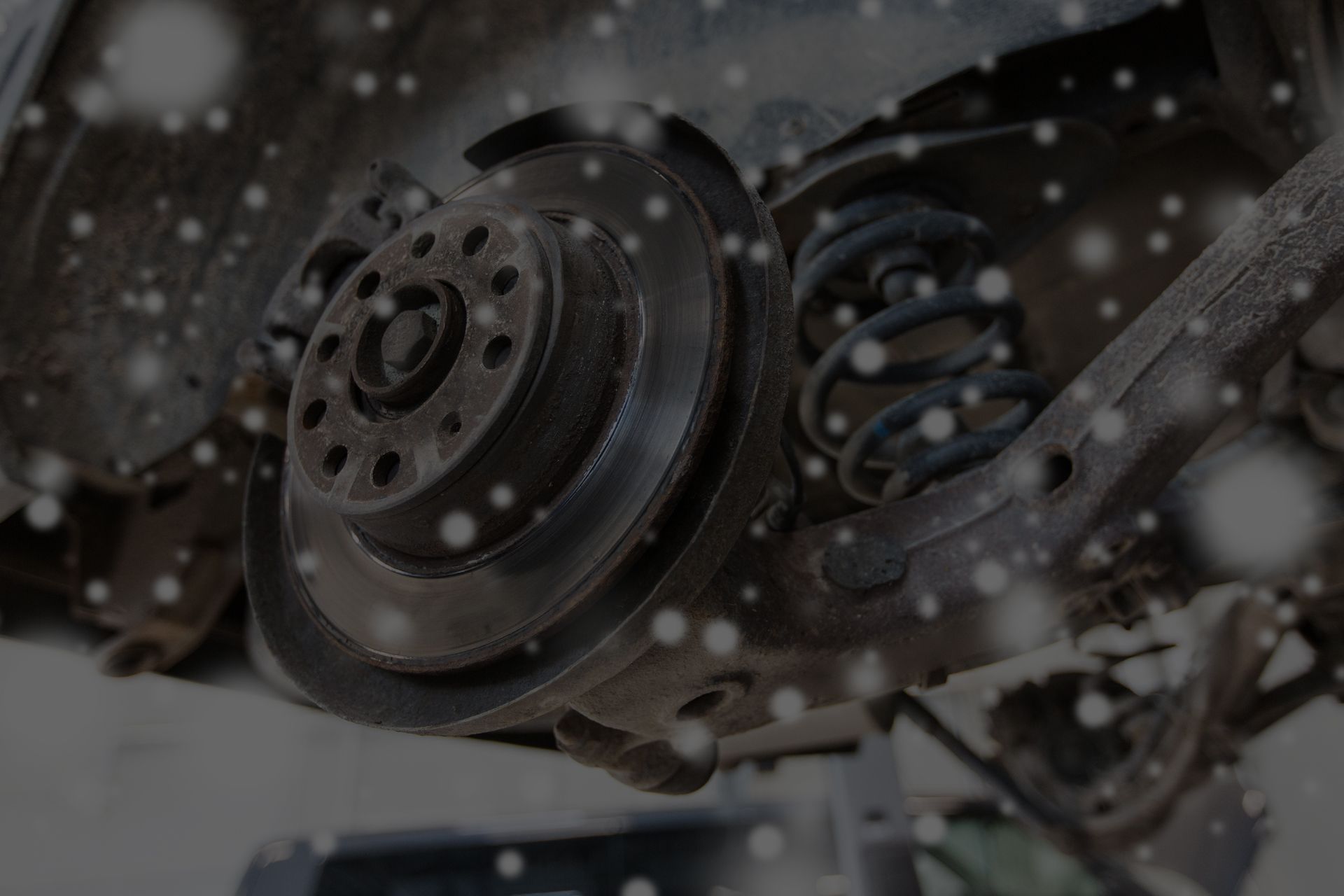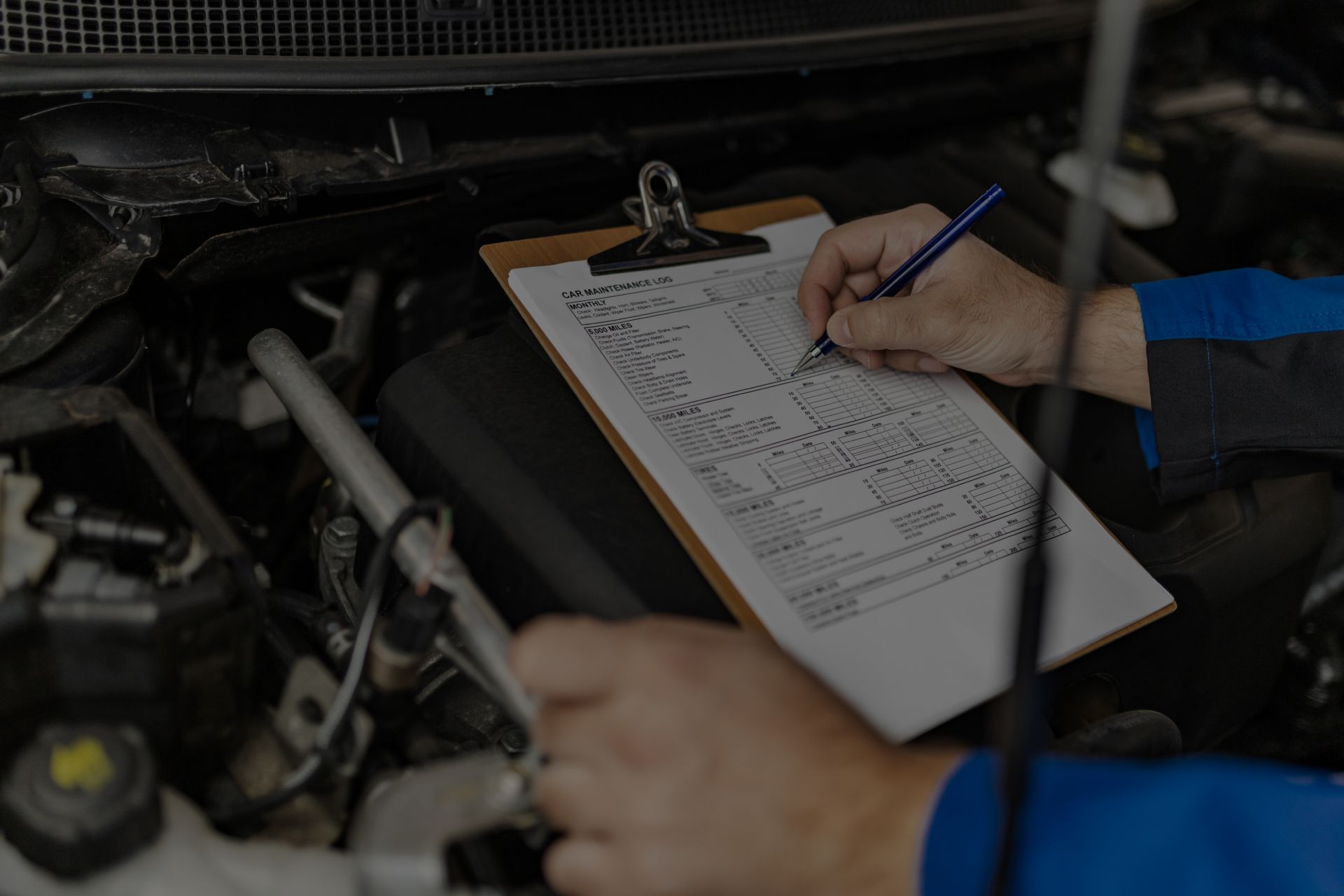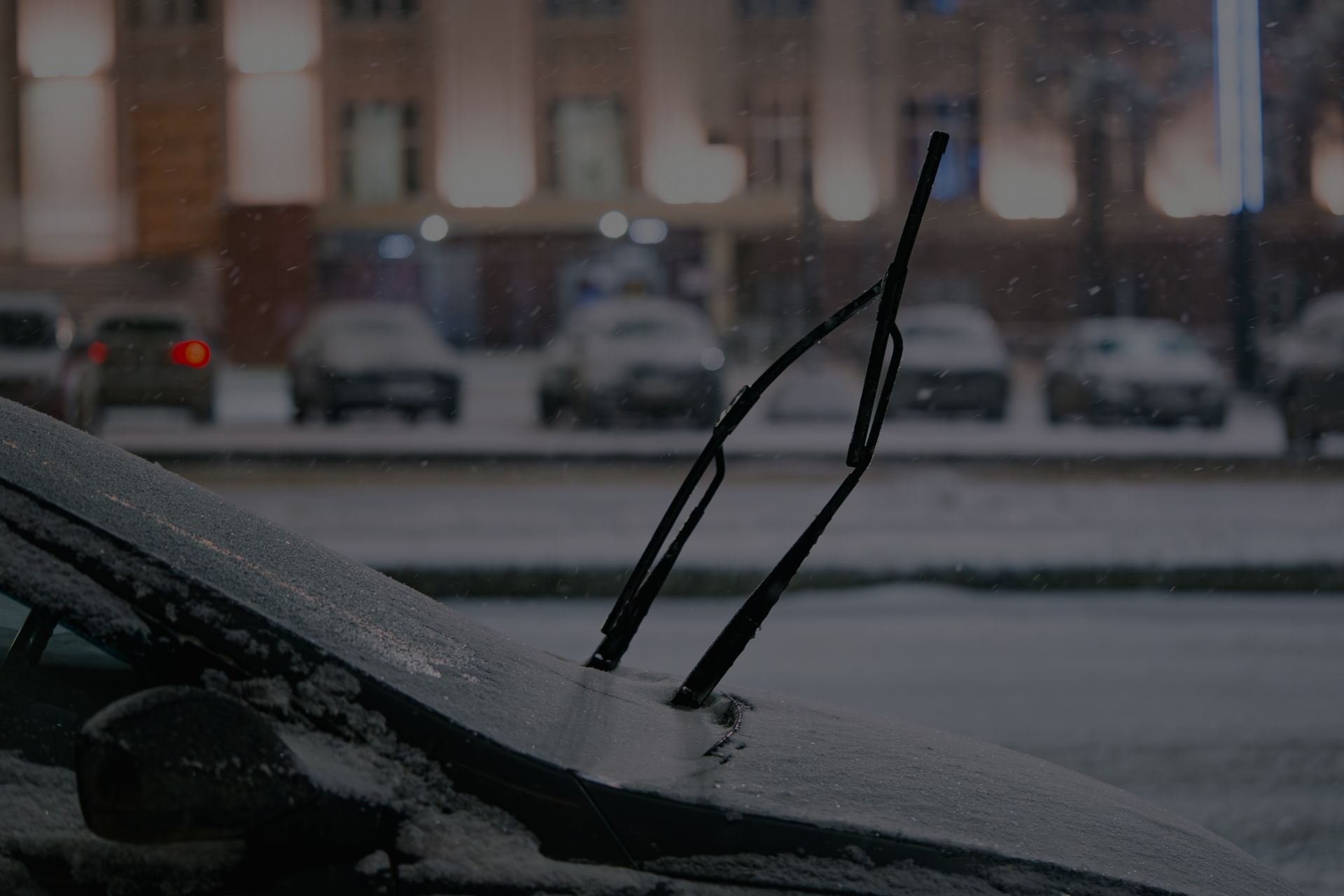Denver's summer heat might not rival Phoenix, but our unique combination of high altitude, intense UV radiation, and sudden temperature spikes creates specific challenges for import vehicle owners. When temperatures climb into the 90s and the thin air at 5,280 feet puts extra stress on your engine, proper preparation becomes essential for protecting your BMW, Honda, Toyota, or other import investment.
Why Denver Summers Are Tough on Imports
Mile-high summers present unique challenges that many import owners don't anticipate:
Intense UV Radiation At Denver's elevation, UV radiation is approximately 25% stronger than at sea level. This intense exposure rapidly degrades rubber seals, plastic trim, and paint—particularly problematic for European vehicles with premium finishes and Japanese imports with precision-molded components.
Cooling System Overload Your engine works harder in thin air, generating more heat while having less dense air for cooling. Add stop-and-go traffic on I-25 during rush hour, and your cooling system faces extreme demands that can reveal weaknesses invisible during milder weather.
Rapid Temperature Changes Denver's famous afternoon thunderstorms can drop temperatures 20-30 degrees in minutes, creating thermal shock that stresses engine components, especially in high-performance European engines with tight tolerances.
Essential Summer Maintenance for Your Import
Cooling System Priority Check Before summer heat peaks, have your cooling system professionally inspected. European vehicles like BMW and Mercedes-Benz use aluminum engines particularly sensitive to overheating, while Japanese imports rely on precise thermostat operation that Colorado's altitude can affect.
Check coolant levels weekly and watch for signs of leaks. Replace aging coolant before it loses effectiveness—typically every 4-5 years for most imports, though some European vehicles require more frequent service.
Air Conditioning Optimization Your A/C system works overtime in Denver's summer conditions. Have refrigerant levels checked and cabin air filters replaced. Many import vehicles use R-1234yf refrigerant that requires specialized equipment—not every shop can service these systems properly.
For optimal performance during hot weather, run your A/C briefly each week even when temperatures are mild to keep seals lubricated and prevent costly repairs.
Tire Care in Heat Hot pavement and intense UV exposure accelerate tire aging. Check tire pressure weekly, as heat increases pressure and can lead to blowouts. Inspect for signs of UV damage like cracking or hardening, especially on performance tires common on European imports.
Battery and Electrical Systems Contrary to popular belief, summer heat damages batteries more than cold. High temperatures accelerate internal corrosion and fluid evaporation. Have your battery tested if it's over three years old, and keep terminals clean to prevent heat-related failures.
Mountain Driving Considerations
Summer is prime time for mountain adventures, but Colorado's elevation changes create additional stress:
Brake System Preparation Mountain descents put enormous strain on brakes. Before heading to destinations like Vail or Breckenridge, ensure brake fluid is fresh and pads have adequate material. European performance brakes generate more heat and require higher-grade brake fluid.
Engine Performance at Altitude As you climb higher than Denver's already elevated position, turbocharged engines in many modern imports work even harder. Watch temperature gauges carefully and pull over if overheating warnings appear.
Protecting Your Investment
Paint and Interior Protection Park in shade whenever possible and consider ceramic window tinting to reduce interior heat buildup. UV damage is cumulative and particularly expensive to repair on luxury imports.
Use sunshades for windshields and consider seat covers for leather interiors, especially in German vehicles where replacement leather can be extremely expensive.
Fluid Monitoring Check all fluid levels more frequently during summer months. Power steering fluid, brake fluid, and transmission fluid all face increased stress in hot weather. Many European vehicles require specific fluid formulations that can't be substituted with generic alternatives.
Warning Signs to Watch For
During Denver's summer heat, watch for these symptoms that indicate your import needs immediate attention:
- Temperature gauge reading higher than normal
- A/C blowing warm air or taking longer to cool
- Steam or unusual odors from the engine bay
- Reduced engine performance during hot weather
- Dashboard warning lights, especially temperature-related
Professional Summer Service
Import vehicles require specialized knowledge to handle summer stress properly. Generic shops often lack the equipment to service European A/C systems or understand the specific cooling requirements of high-performance Japanese engines.
At Importsports Auto Repair Pros & Performance, our ASE Certified technicians specialize in preparing imports for Denver's demanding summer conditions. We use manufacturer-specific diagnostic equipment and understand how altitude affects different vehicle systems.
From BMW cooling system service to Honda A/C repairs, we provide the specialized care your import needs to handle Colorado's intense summer conditions. Our 36-Month/36k-Mile warranty backs every service, giving you confidence during the hottest months.
Don't let summer heat damage your import investment. Contact us today at (303) 752-2422
to schedule your summer preparation service. Keep your vehicle running cool while you enjoy everything Colorado summer has to offer.
